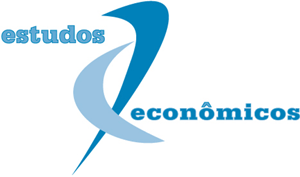Abstract
The essay analyzes corruption and inefficiency in the public sector from a general equilibrium model calibrated to Brazil, focusing on macroeconomic aggregates and welfare for the aggregate economy. The results of the counterfactual exercises performed show that the elimination of corruption and inefficiencies in public spending could determinate significant gain in welfare. However, if only corruption is eliminated the welfare effect is negative, indicating that corruption could be eliminating some distortions in this economy. Admitting a tradeoff between corruption and inefficiency, less inefficiency and more corruption could imply reductions in product and investment in the short and long terms and welfare improvement. Using the flexibilization of rules of tender to illustrate the works of the World Cup and the Olympics allowed by the Law No. 12.462, the results of simulations suggest that, if flexible rules reduce inefficiency and increase corruption, it is possible to verify welfare gains and growth reductions, showing a dilemma in taking decisions for the purpose of implementing such policy of this nature.
Keywords:
Corruption; Inefficiency; General equilibrium; Welfare; Growth

















